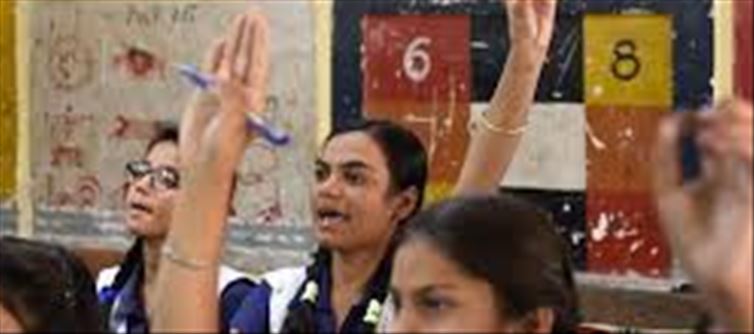
School children fail in maths questions - why?
Is the maths taught in school useful in real life or not? To know this, 200 children studying in 20 government schools of the same areas of delhi were surveyed. The age of these children was the same as that of the children working in the markets of Delhi. These children were given the same written and oral maths questions which were given to the working children. A fake market was also set up, where the school children sold goods to the surveyor and the surveyor asked them the same imaginary market maths questions which were asked to the working children in Delhi. This showed how much the children studying in school understand the questions related to the real world.
There were many differences between the children who were surveyed in schools and markets in Delhi. Such as their education history and their experience of markets. 22% of the children who did not go to school had worked in the market, but only 1% of them had handled transactions. However, non-school children, on average, had studied a full grade more in school than working children.
The main reason for these results is that working children lag behind in abstract math problems because they use methods taught in school that they have not learned well. On the other hand, school-going children lag behind in real-world problems because they do not know any other methods than those taught in school.




 click and follow Indiaherald WhatsApp channel
click and follow Indiaherald WhatsApp channel